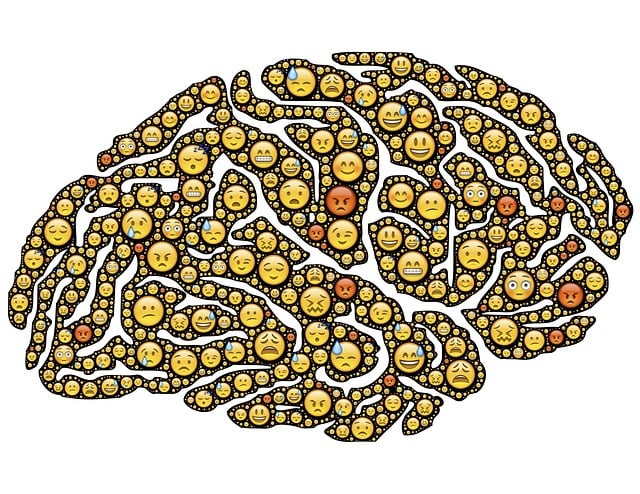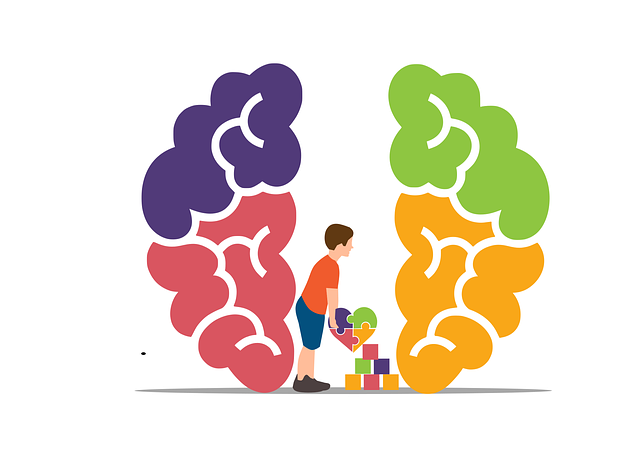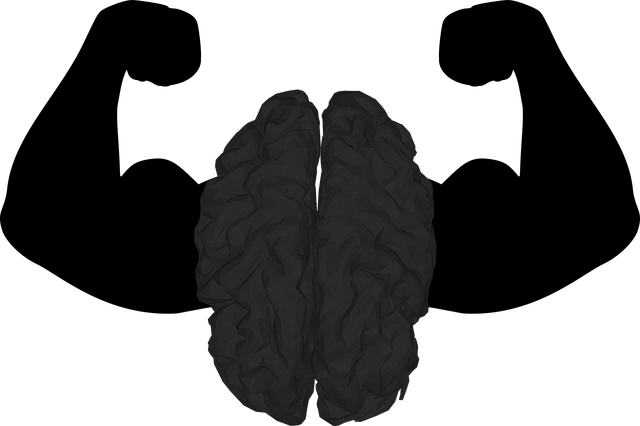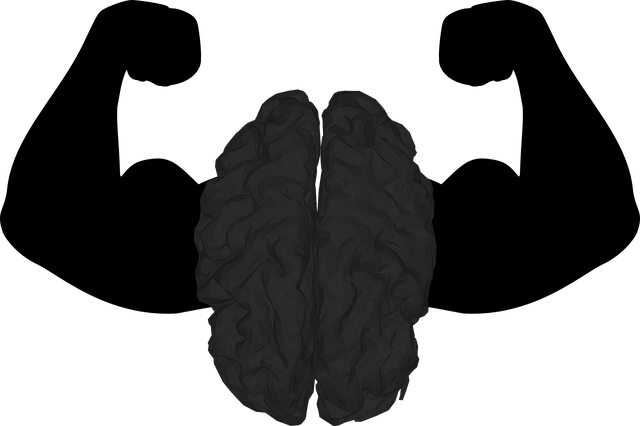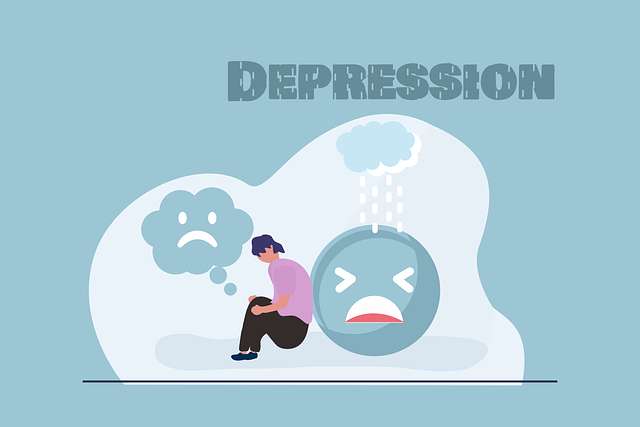Risk management planning is vital for delivering safe and effective mental health care to individuals with Oppositional Defiance Disorder (ODD) in Northglenn, CO. By identifying hazards, evaluating their impact, and implementing mitigation strategies, therapists create supportive environments that promote mental wellness, anxiety relief, and trauma support. This holistic approach, integrating risk management into ODD therapy, enhances the development of tailored Mental Wellness Coaching Programs, ultimately improving care quality for those struggling with ODD in Northglenn.
In the realm of mental health care, risk management planning is paramount to ensuring patient safety and effective treatment. For professionals specializing in Northglenn Oppositional Defiance Disorder (ODD) therapy, understanding and mitigating unique risks associated with this challenging condition are essential. This article navigates through crucial aspects of risk management, including identifying specific ODD-related hazards, assessing their impact, and implementing strategic interventions to foster a safer therapeutic environment.
- Understanding Risk Management in Mental Health Care
- Identifying and Assessing Risks Specific to ODD Therapy
- Implementing Effective Strategies for Mitigating Risks
Understanding Risk Management in Mental Health Care

Risk management planning is an integral part of ensuring safe and effective mental health care practices for professionals treating Oppositional Defiance Disorder (ODD) in Northglenn, CO. Understanding risk involves identifying potential hazards, evaluating their likelihood and impact, and implementing strategies to mitigate these risks. Mental health professionals must be adept at navigating complex client scenarios, including those with ODD, where behavioral challenges may arise.
By integrating risk management into therapy sessions for individuals struggling with ODD, therapists can foster a supportive environment that promotes mental wellness while also providing anxiety relief and trauma support services. Moreover, these practices contribute to the development of robust Mental Wellness Coaching Programs, catering to diverse client needs in Northglenn. Effective risk management ensures professionals are well-equipped to handle potential crises, ultimately enhancing the overall quality of care provided.
Identifying and Assessing Risks Specific to ODD Therapy

Identifying risks is a critical step in Northglenn Oppositional Defiance Disorder (ODD) therapy planning. Mental health professionals must be attuned to the unique challenges presented by ODD, which can include intense emotions, impulsive behavior, and difficulty adhering to treatment plans. By thoroughly assessing these factors, therapists can anticipate potential risks and develop strategies to mitigate them. This proactive approach ensures that clients receive safe, effective care tailored to their specific needs.
Assessing risks involves a comprehensive review of the client’s history, including past traumatic experiences, family dynamics, and co-occurring disorders. It also requires an understanding of the therapeutic environment and community resources. For instance, implementing a Community Outreach Program can connect clients with external support systems, enhancing their emotional healing processes. Similarly, Mental Wellness Coaching Programs Development within the practice can provide additional coping mechanisms and skills to address ODD symptoms. This holistic evaluation allows for informed decision-making, ensuring that treatment aligns with best practices and promotes positive outcomes.
Implementing Effective Strategies for Mitigating Risks

In the realm of mental health therapy, risk management planning is paramount to ensure a safe and supportive environment for both clients and professionals, especially when addressing complex issues like Oppositional Defiance Disorder (ODD) in Northglenn therapy settings. Implementing effective strategies for mitigating risks involves a multifaceted approach. Therapists must be adept at building empathy and fostering resilience in their clients, equipping them with the tools to manage emotional challenges. Empathy-building strategies create a safe space where individuals feel understood, encouraging open communication and promoting self-awareness.
Additionally, conflict resolution techniques are invaluable for navigating tensions that may arise during therapy sessions. By teaching clients constructive ways to express and address conflicts, therapists can de-escalate situations that could otherwise pose risks. Resilience building is another critical component, helping individuals cope with setbacks and challenges, ultimately strengthening their mental health foundation. These strategies collectively contribute to a more harmonious therapeutic environment, ensuring the well-being of both clients and professionals alike.
Mental health professionals play a vital role in helping individuals manage and overcome challenges like Oppositional Defiant Disorder (ODD). Effective risk management planning is essential to ensure safe and successful therapy. By understanding the unique risks associated with ODD treatment, such as client aggression or self-harm, therapists can implement robust strategies to mitigate these concerns. This includes utilizing evidence-based techniques, regular risk assessments, and fostering open communication. Through proactive risk management, professionals can create a supportive environment, enhance therapeutic outcomes, and provide the best care for clients facing ODD in Northglenn.

